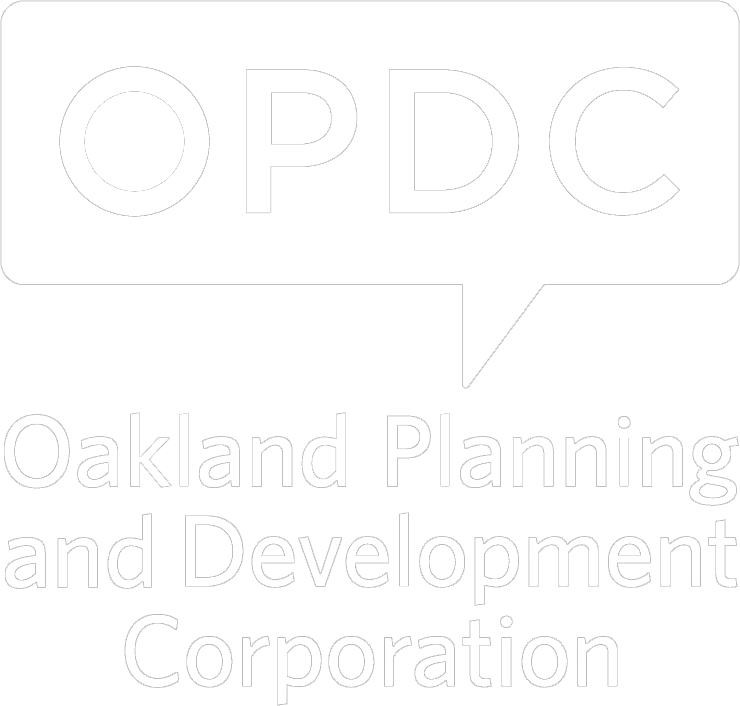Pittsburgh Regional Transit is facing a catastrophic budget crunch, with a projected shortfall of $100 million for the coming fiscal year unless new state and local funding is identified. All of Pennsylvania’s transit agencies are in similarly dire straits, and will be forced to take drastic steps in the coming months to cut service – including whole routes, frequency, and service hours. OPDC stands with community organizations all over Pittsburgh in demanding bold action by our state legislators to ensure PRT's buses continue to roll.
The current crisis has been 20 years in the making, the result of back-to-back 10-year fixes that weren’t sustainable. Act 44 of 2007 provided dedicated transit funding by increasing Turnpike tolls, but that solution was designed to be temporary, and the Turnpike’s payments ended in 2022. Act 89 of 2013 tried to pick up the slack by allowing increases to wholesale gasoline tax revenue and vehicle registration fees, but it wasn’t enough to solve Act 44’s shortcomings. Increased federal funding for transportation infrastructure under the Biden administration gave us an extra three years’ reprieve... but time is now up: Pennsylvania needs to get serious about funding public transit.
Fares cover less than half the cost of running bus service – that's been true since Port Authority was created in 1956. Without additional public funding, PRT will reduce the number of routes, cut back on frequency, and raise fares. Those actions might seem like prudent solutions to the problem, except those are the very things that make transit less useful, less accessible, and more hassle than people might think it’s worth. If fewer people ride the buses, the whole system collapses, and pretty soon there’s no transit at all.
Without weekend and nighttime service, people can’t get to swing shift jobs. They can’t use buses to run errands on weekends. They can’t come to Oakland for evening classes or study sessions at the libraries. Local institutions absolutely rely on PRT buses to bring students, patients, and employees who live all over the county into Oakland – and longer routes are more at risk of being cut. If buses come less frequently, they become less reliable, and people with a choice start opting to drive, even though it’s more expensive and time-consuming.
One thing all Oakland residents understand very well: our neighborhoods can’t handle more car commuters. Making room for parking makes housing more expensive and has a big impact on our quality of life.
Whether or not you ride the bus, robust transit really matters for Oakland.
Please call your reps and ask them to help us save transit:
Representative Dan Frankel: 412-422-1774
Representative Aeron Abney: 412-471-7760
Representative La’Tasha Mayes: 412-665-5502
Senator Jay Costa: 412-241-6690

